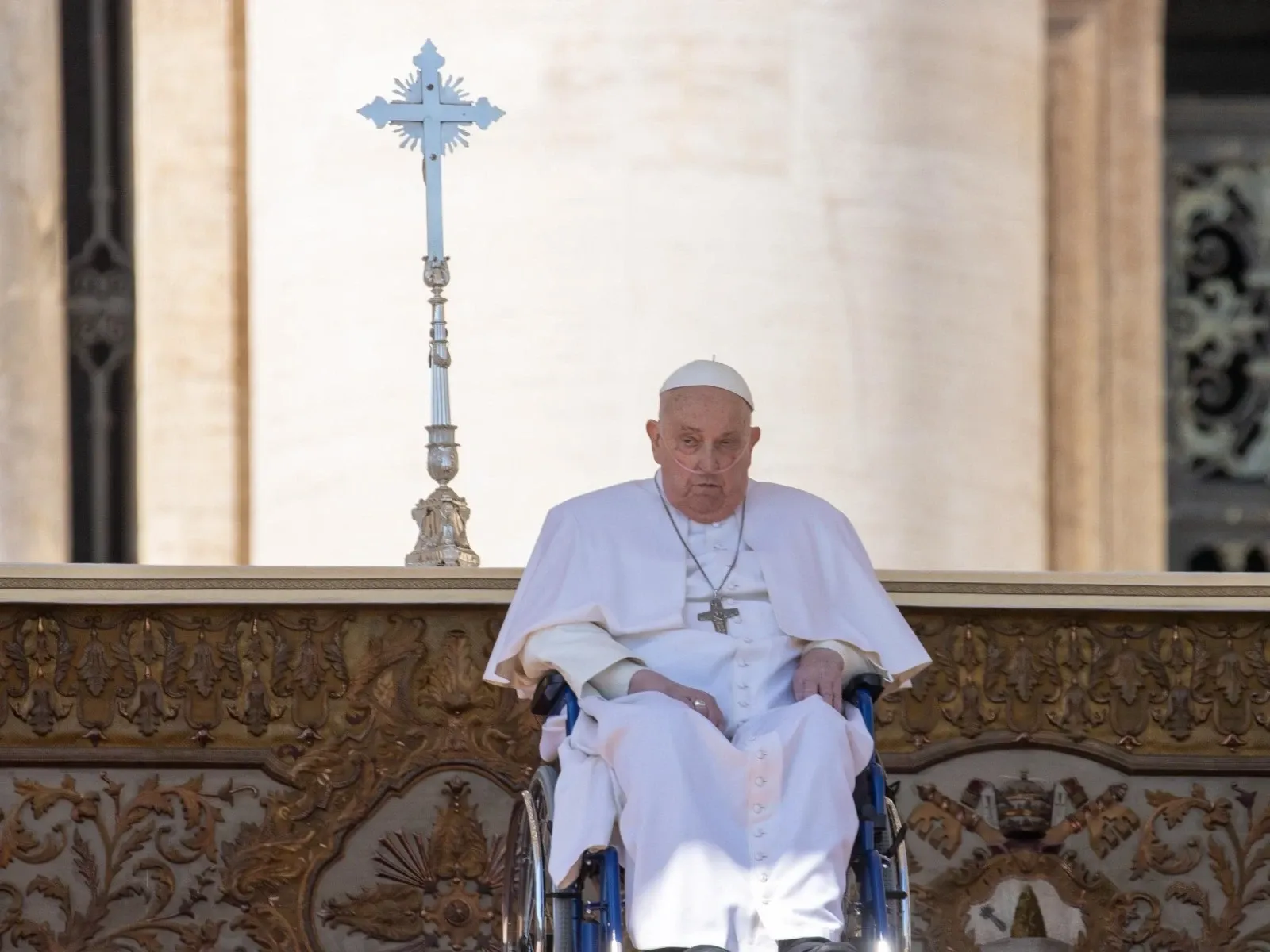Although “from this provocation emerged in various places a fruitful dialogue between anthropologists and missionaries, which served mutual enrichment,” in other places “it fell into a self-censorship, losing 'the joy of evangelizing,” with “cases of religious that decided to not announce Jesus Christ, or give catechesis 'out of respect for the indigenous culture,'” and that “they would limit themselves to witness and service” claiming that this “substitutes for the proclamation.”
The missionary recalled that in Evangelii nuntiandi Saint Paul VI said that “the Good News proclaimed by the witness of life sooner or later has to be proclaimed by the word of life. There is no true evangelization if the name, the teaching, the life, the promises, the kingdom and the mystery of Jesus of Nazareth, the Son of God are not proclaimed.”
Fr. Lasarte said that the second kind of “Alzheimer pastoral ministry” is “social moralism.” “In more than one place I have heard similar expressions from pastoral workers: 'When people require services they come to us (the Catholic Church), but when they are looking for meaning to their lives, they go to others (evangelicals, etc.)' It is evident and observable that the church that wants to be a 'Samaritan Church' has forgotten to be a 'Magdelene Church', a Church providing services that doesn't announce the joy of the Resurrection of the Lord,” he pointed out.
The missionary reaffirmed that the social commitment of the Church and the option for the poorest continues to be “a constitutive aspect of the evangelizing process” and a richness; but “the problem is when this kind of activity has absorbed the rest of the life and dynamism of the Church, leaving in the shadows, silencing, or taking for granted the other dimensions: kerygmatic, catechetical, liturgical, koinonia. We are in an unresolved tension of Martha and Mary.”
He said that the “great hemorrhaging” of Catholics toward evangelical communities has to do with several factors, certainly “the lack of a much 'more religious' pastoral ministry and a 'less sociologized' one has had a very great influence”.
(Story continues below)
“I visited a diocese where at the beginning of the 1980's, 95% of the population was Catholic, today they are 20%. I remember the comment of one of the European missionaries that systematically had 'de-evangelized' the region: 'We do not foster superstition but human dignity'...I think that says everything,” he said. “The Church is some places has been transformed into a grand manager of services (healthcare, educational, development, advocacy...) but little as a mother of the faith.”
Finally there is secularism. He said, “a church secularizes when its pastoral workers interiorize dynamics from a secularized mentality: the absence or a very timid, almost apologizing, manifestation of the faith.”
He said that the consequences “are reflected in vocational sterility or the lack of perseverance in the path undertaken, because of a lack of deep motivations,” since “no one leaves everything to be a social director, no one dedicates his existence to an 'opinion,' no one offers what is absolute in his life for what is relative, but only to the Absolute which is God.”
“When this theological, religious dimension is not evident, patent, and alive in the mission, there will never exist options for evangelical radicalness, which is an indicator that the evangelization touched the soul of a Christian community,” he pointed out.
To conclude his article, Lasarte said that a Christian community that “does not generate priestly and religious vocations, is a community carrying some kind of spiritual disease. We can ordain the 'viri probati, the honeste mulieribus, the pueribus bonum, but the underlying problems will remain: an evangelization without the Gospel, a Christianity without Christ, a spirituality without the Holy Spirit.”
“Logically in a horizontal vision of the dominant culture, where God is absent or reduced to a few symbolic, cultural or moral concepts, it's impossible to come to appreciate the fruitful spiritual and pastoral value of priestly celibacy as a precious gift from God and of a total and sublime disposition of love and service to the Church and to humanity.”
The Salesian missionary said that “there will only be able to be authentic priestly vocations when an authentic, demanding, free and personal relationship is established with the person of Jesus Christ. Perhaps this may be simplistic, but the way I see things, the 'new path' for the evangelization of Amazonia is the novelty of Christ.”







